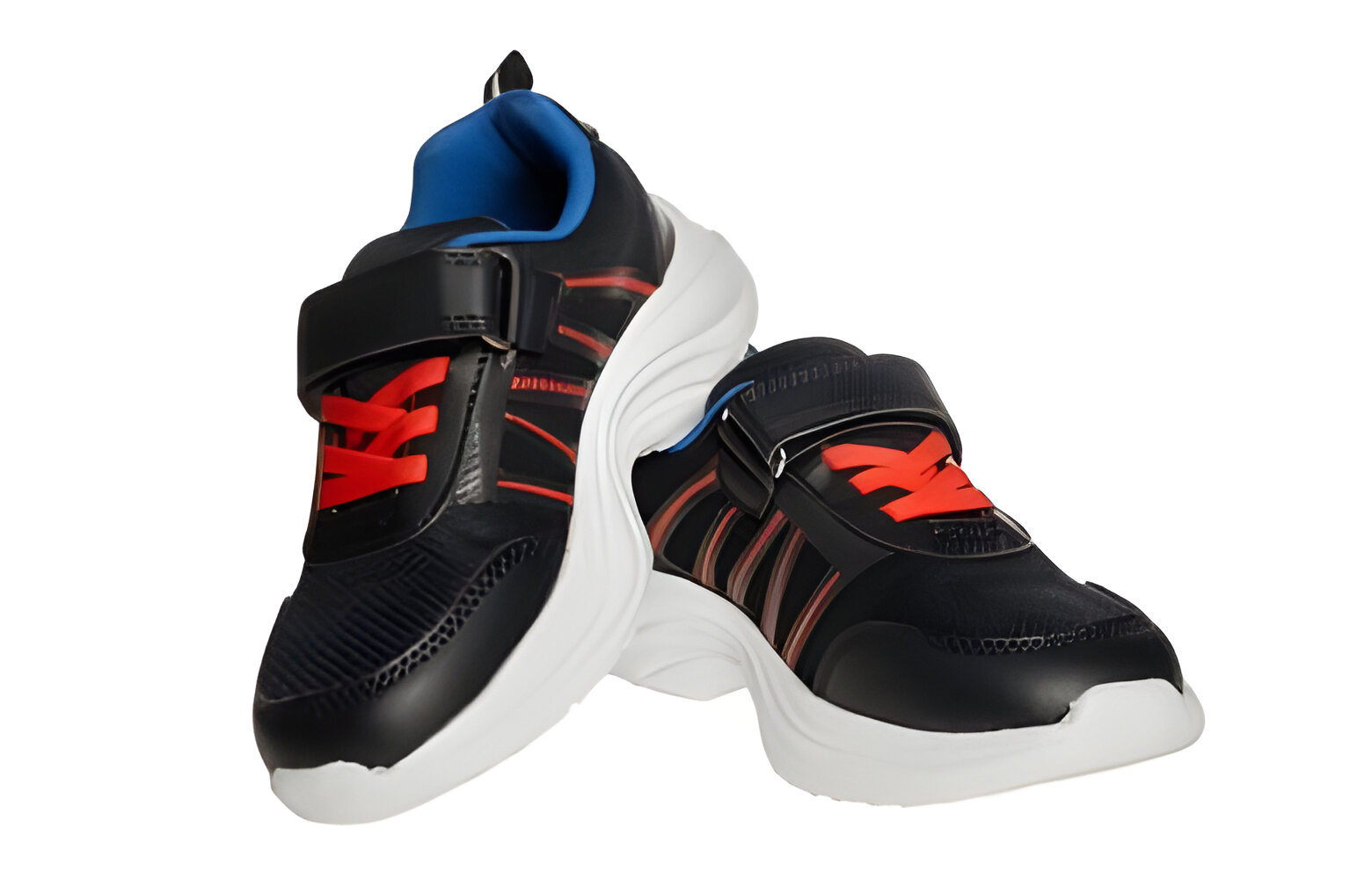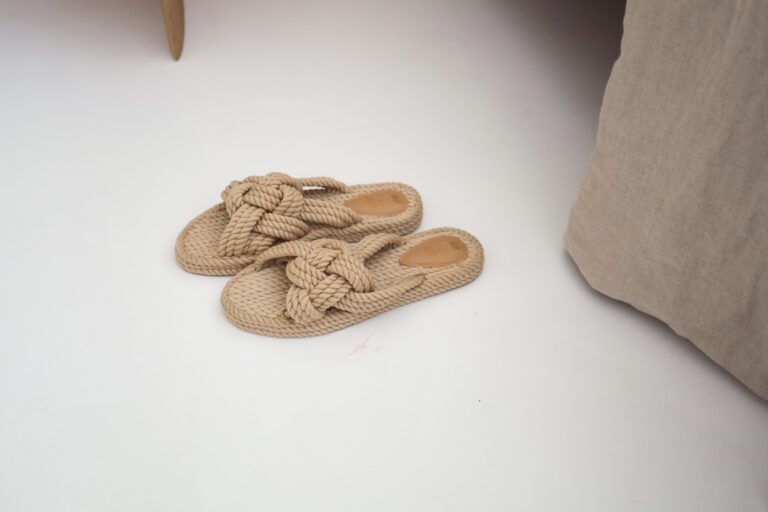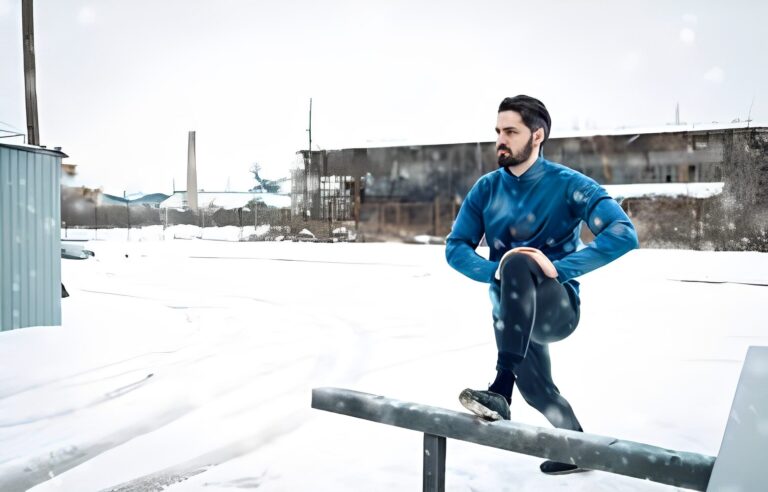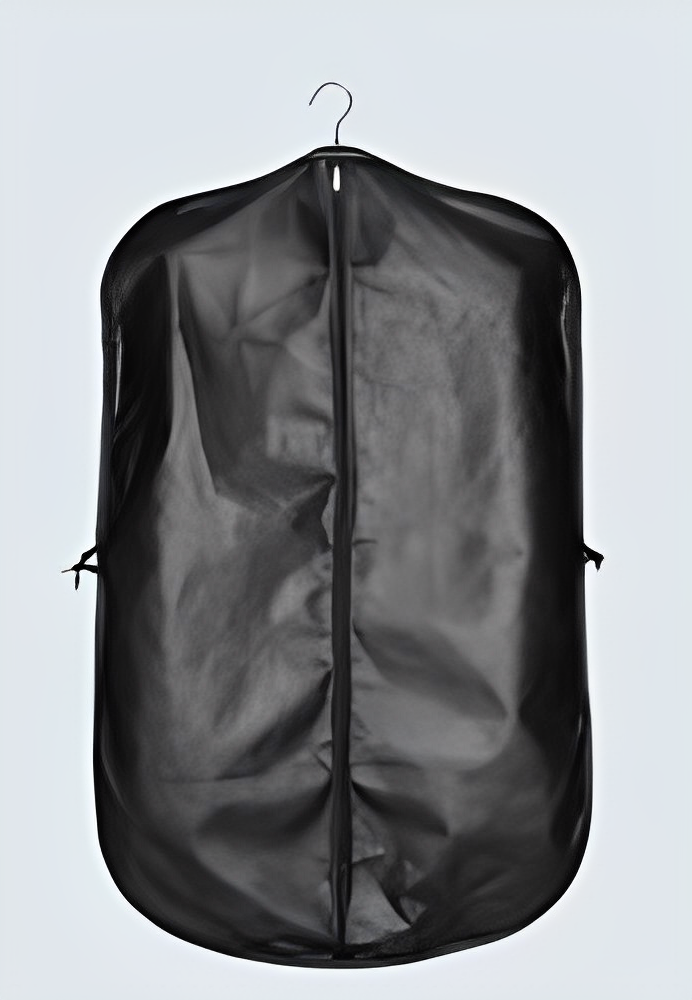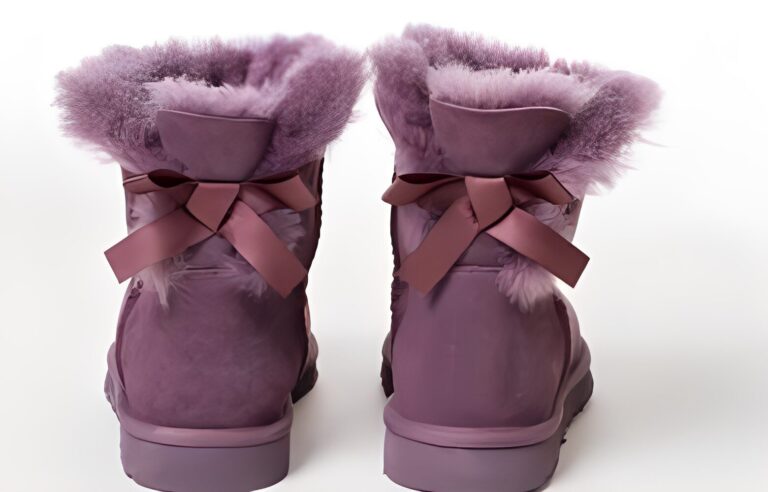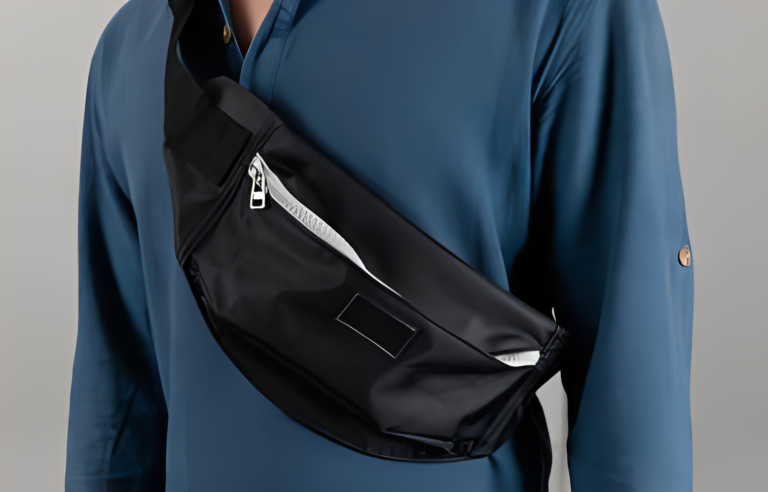How Long Should Babies Wear Soft Soled Shoes
Parents often find themselves faced with an array of decisions when it comes to caring for their little ones, and one of the common dilemmas revolves around footwear. As babies start to explore the world around them, it becomes crucial to provide them with the right support and protection for their developing feet. In this article, we’ll delve into the topic of how long babies should wear soft soled shoes, shedding light on the importance of proper footwear during infancy.
Introduction
The early stages of a baby’s life are marked by rapid growth and development, including the formation of their delicate feet. Choosing the right footwear is essential for supporting this development and ensuring the overall well-being of the child.
Development of Baby’s Feet
During infancy, a baby’s feet undergo significant changes as they learn to crawl, stand, and eventually take their first steps. Their feet are composed of soft, pliable cartilage that gradually ossifies into bones over time. It’s crucial to allow for natural movement and flexibility during this critical phase of development.
Soft soled Shoes vs Hard-soled Shoes
When it comes to baby footwear, there’s often a debate between soft-soled and hard-soled shoes. Soft soled shoes are typically made from breathable materials that mimic the feel of being barefoot, while hard-soled shoes offer more structure and protection.
Benefits of Soft-soled Shoes
Soft-soled shoes provide several benefits for growing feet. They offer flexibility, allowing the foot to move naturally and develop strength. Additionally, soft soled shoes promote balance and coordination, helping babies as they begin to navigate their surroundings.
When to Start Wearing Soft-soled Shoes
Experts recommend introducing soft-soled shoes once babies start to pull themselves up and stand with support. This typically occurs around 6 to 9 months of age. However, it’s essential to prioritize barefoot time whenever possible to allow for unrestricted movement and sensory feedback.
How Long Should Babies Wear Soft-soled Shoes?
While soft-soled shoes are beneficial for foot development, it’s essential to use them in moderation. Experts suggest limiting the time spent wearing soft-soled shoes to a few hours per day, allowing for plenty of barefoot time to promote healthy foot development.
Transition to Hard-soled Shoes
As babies grow and become more confident on their feet, they may eventually transition to hard-soled shoes. Signs that indicate readiness for hard-soled shoes include walking independently and engaging in outdoor activities where extra protection is needed.
Choosing the Right Soft-soled Shoes
When selecting soft-soled shoes for babies, it’s essential to prioritize comfort and fit. Look for shoes with soft, flexible soles that allow for natural movement. Additionally, opt for breathable materials to prevent overheating and discomfort.
Read Also: How Long Do You Wear a Crow Boot?
Maintaining Foot Health
Proper foot care is essential for babies, whether they’re wearing shoes or going barefoot. Keep toenails trimmed, and regularly inspect feet for any signs of irritation or discomfort. Encourage plenty of opportunities for barefoot play to strengthen muscles and improve balance.
Common Misconceptions About Baby Footwear
There are many misconceptions surrounding baby footwear, including the belief that shoes are necessary for foot protection. In reality, barefoot is often best for healthy foot development, allowing babies to engage their senses and build strength.
Tips for Keeping Baby Comfortable in Soft-soled Shoes
To ensure your baby stays comfortable in soft-soled shoes, pay attention to the fit and avoid shoes that are too tight or restrictive. Look for shoes with adjustable closures, such as Velcro straps or elastic bands, to accommodate growing feet.
Promoting Barefoot Time
Encourage plenty of barefoot time for your baby, both indoors and outdoors. This allows for unrestricted movement and sensory feedback, helping to strengthen muscles and improve balance.
Expert Recommendations
Pediatricians and podiatrists recommend prioritizing barefoot time and choosing soft soled shoes that allow for natural movement. They emphasize the importance of proper foot development during infancy to prevent long-term issues.
Read Also: How Long Do Spikeless Golf Shoes Last?
Conclusion
In conclusion, soft soled shoes can be a valuable tool for supporting healthy foot development in babies. However, it’s essential to use them in moderation and prioritize barefoot time whenever possible. By understanding the needs of your child’s feet and providing the right support, you can help them grow and thrive with confidence.

